The CCREEE Strategic Plan introduces the CCREEE’s core actions and objectives for the period 2019-2023.
Those actions are aligned with the CARICOM and CARICOM Member States’ goals to increase the use of sustainable energy in the region and drive it through a more climate-resilient path without overlooking economic growth and social development.
Under its governance structure, the CCREEE works closely with the CARICOM Energy Unit, and each part of the structure has defined responsibilities and tasks.
The main decision-making pieces of the structure are the EB, the TC and the Secretariat (based in Bridgetown). They work in close collaboration with National Focal Institutions, the Regional Universities Network, and a group of Thematic Hubs who address topics of particular interest for the energy market.
Welcome to the CARICOM Energy Knowledge Hub, an information and knowledge management framework developed to ensure that appropriate, reliable and
high-quality information is available and accessible within the region.
The Caribbean region is endowed with a wide variety of renewable resources from where clean energy can be harnessed but are currently underexploited. Although investment in sustainable energy infrastructure and technologies is growing in the region, the stunted growth will not ensure that the regional and national targets and goals are achieved.
An IRRP is a plan for how a country can supply its need for electricity for the foreseeable future. IRRPs are integrated because they consider many different resources to satisfy the need for electric power. These resources include power plants (diesel engines, gas turbines and hydro power plants etc.) and renewable energy sources, like solar farms, wind farms and geothermal power plants.
The CCREEE proposes an initial list of seven Strategic Programmes to take forward, which are conceived to address barriers to the introduction and development of certain sustainable energy technologies and solutions, policy and regulatory frameworks, capacity, knowledge and data availability, awareness, availability of financing tools and mechanisms, as well as the promotion of innovative ideas and entrepreneurship
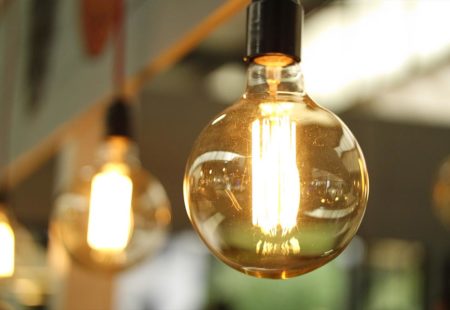
To increase the knowledge base, data exchange and local capabilities to provide goods and services to the local sustainable energy market
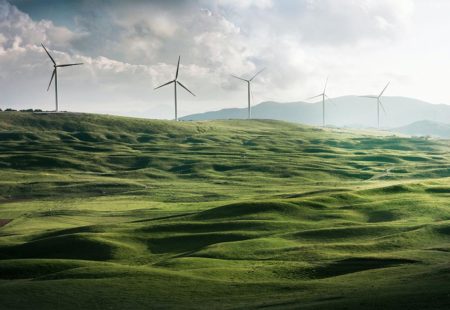
To increase access to reliable, affordable, cleaner and sustainable electricity services and cooking solutions for the population
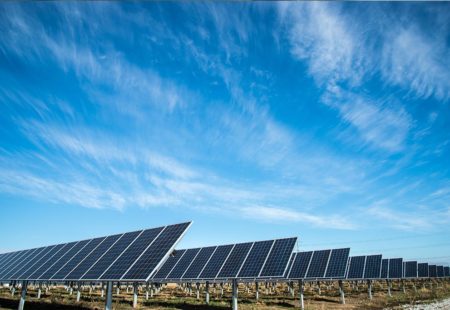
To reduce energy intensity and resource consumption with cleaner working practices and to be more socially and environmentally responsible
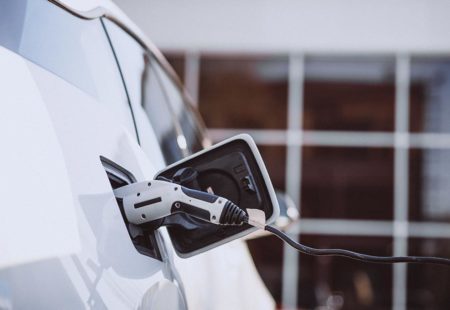
To reduce the environmental impacts of transport, increase energy eficiency and reduce CO2 emissions
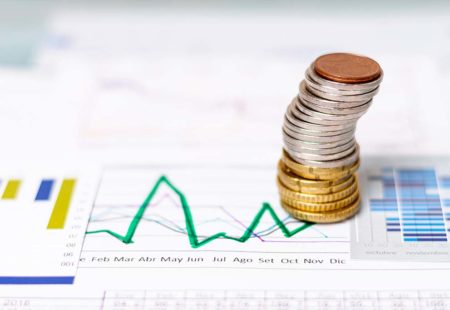
To address financial constraints and finance capacity / knowledge challenges impacting the development of sustainable energy projects
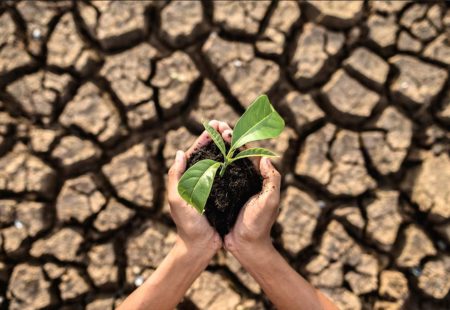
To contribute to increasing climate change resilience of the CARICOM countries
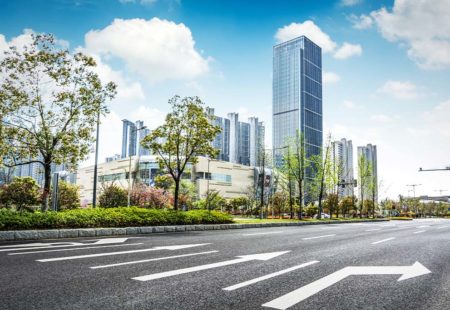
To increase energy / resources efficiency and transform the building sector into a sustainable, greener and climate-change resilient one
The centre complements and strengthens ongoing national/regional activities in the areas of policy and capacity development, knowledge management and awareness raising, as well as investment and business promotion. CCREEE will position itself as a regional renewable energy and energy efficiency promotion agency rather than an implementer on micro and grass-root levels. To maximize the local added value, the execution of specific assignments or services is in many cases delegated to national institutions and/or the private sector.
The centre focuses on activities which demonstrate high relevance for leveraging investments in renewable energy and energy efficiency infrastructure, services, local businesses and industry. Investment and business promotion will be an important activity component of the centre but also a cross-cutting issue across the other outcome areas. To create a regional RE&EE market, it is crucial for the CCREEE to stimulate as much as possible spill-over effects across outcome areas and national borders.
The Centre applies an interrelated short-term and long-term planning, implementation and monitoring framework. The centre will work on the basis of the CCREEE Business Plan which will provide a long-term planning and implementation framework for the first operational phase. The annual work plans, which are subject to approval by the Executive Board, provide a short-term planning framework which incorporates projects and activities to be executed by the Secretariat in a given year. The annual status reports monitor the implementation of the work plans and report on the achievements in the different project components.
CCREEE implements, coordinates and supports regional activities in the scope of the following four outcome areas:
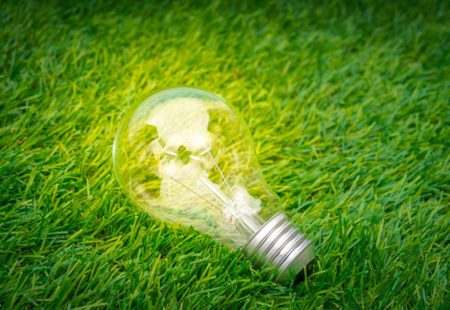
Accelerated development, adoption and execution of regional and national gender sensitive RE&EE polices, targets and incentives through targeted regional interventions

Strengthened capacities of local key institutions and stakeholder groups through the up-scaling and replication of certified training and applied research programs and mechanisms

Enhanced awareness of key stakeholder groups on RE&EE opportunities through the up-scaling of regional mechanisms for data and knowledge management and advocacy
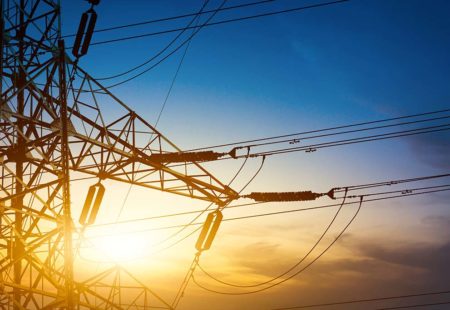
Increased RE&EE business opportunities for local companies and industry through the execution of regional investment promotion programs and tailored financial schemes
While the CCREEE’s work directly contributes to the SDGs highlighted below, it is through the enactment of the goal 17 – partnerships for the goals – that we are connected to all Sustainable Development Goals. We think globally, implement regionally – with the help of our National Focal Institutions, Thematic Hubs, Core and Strategic Partners – and, act locally.